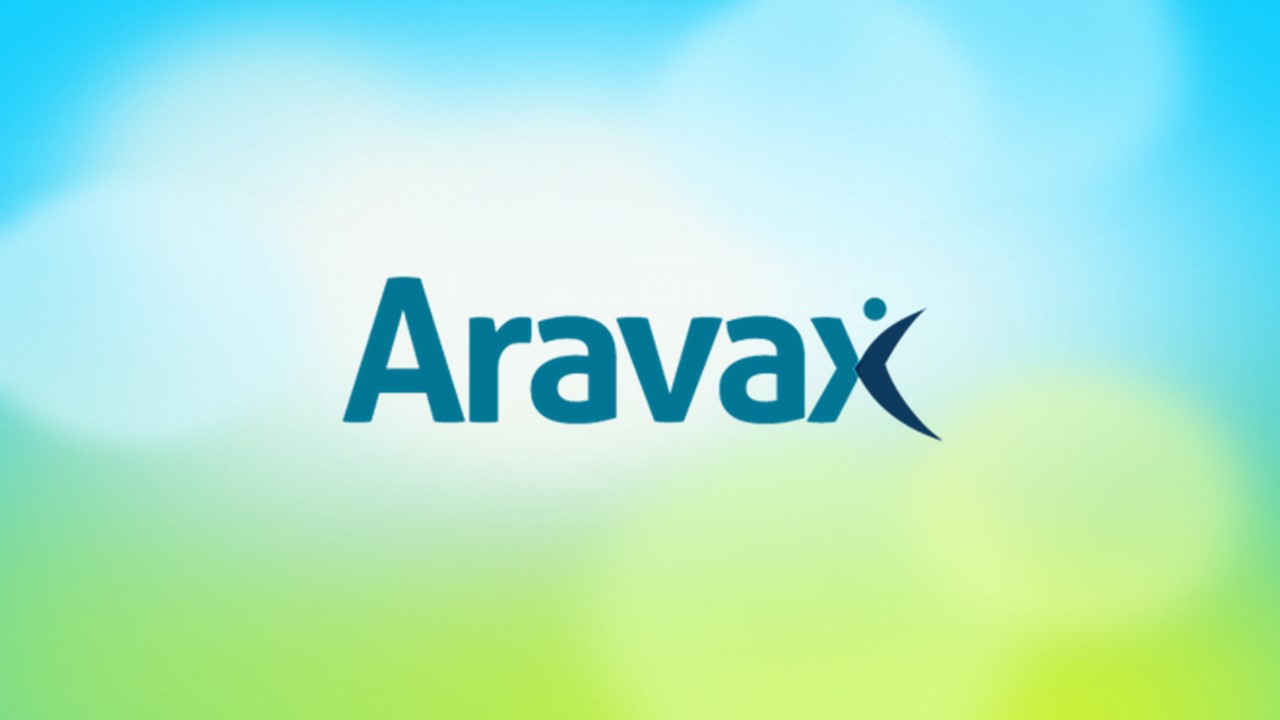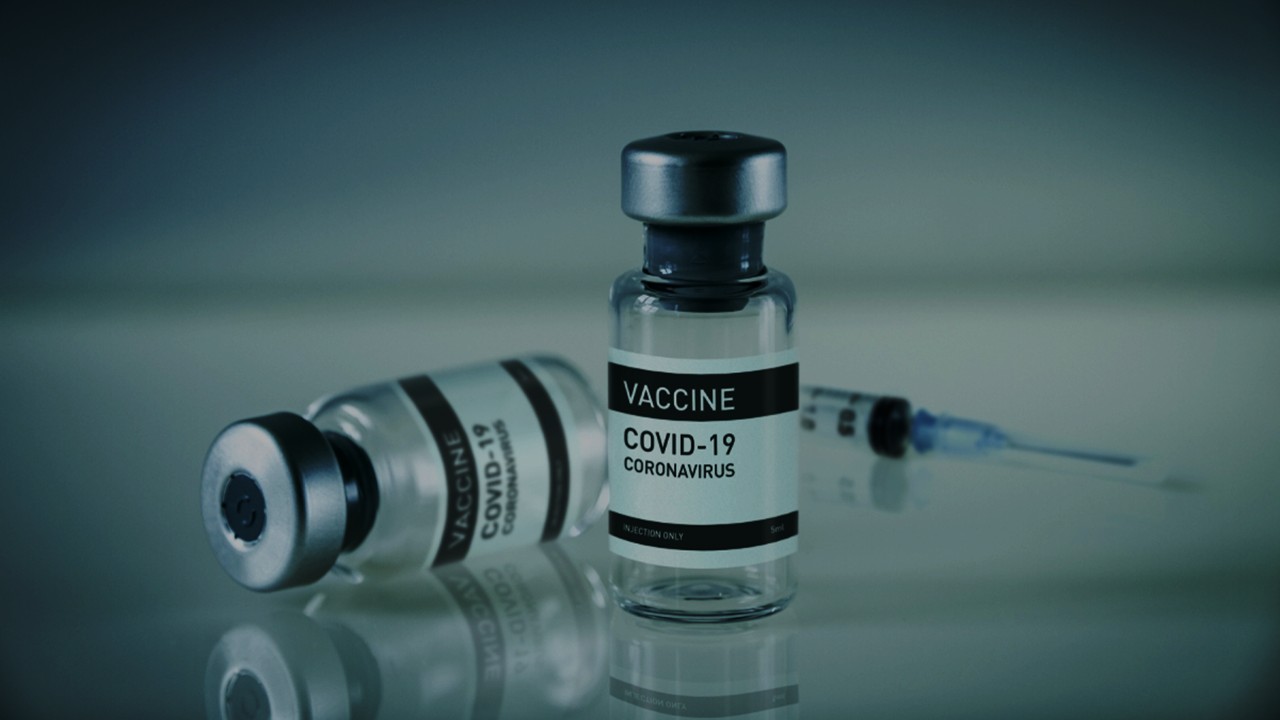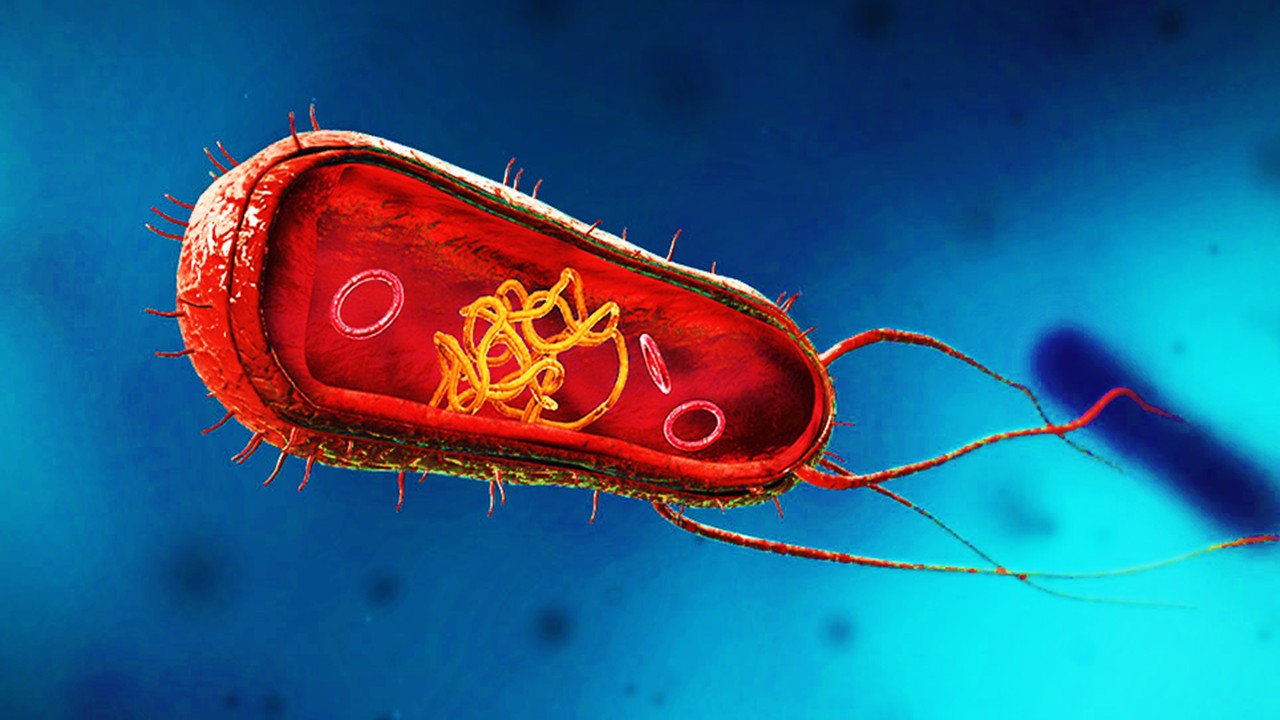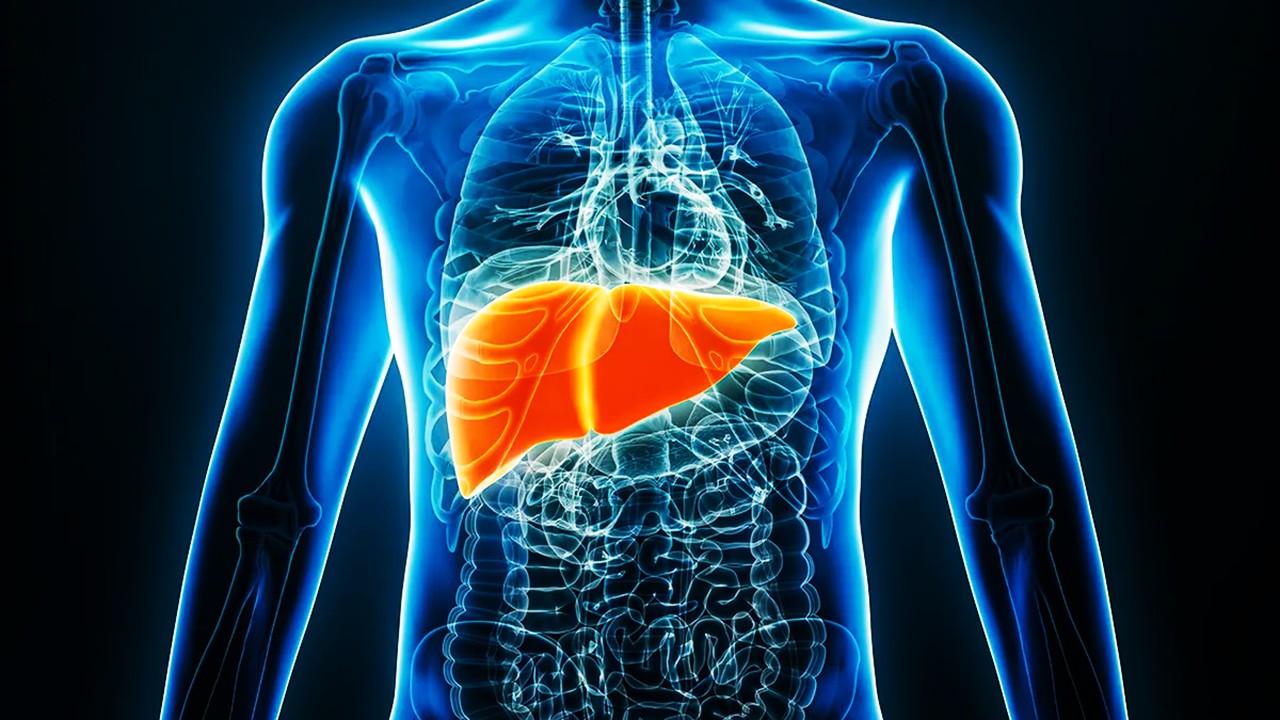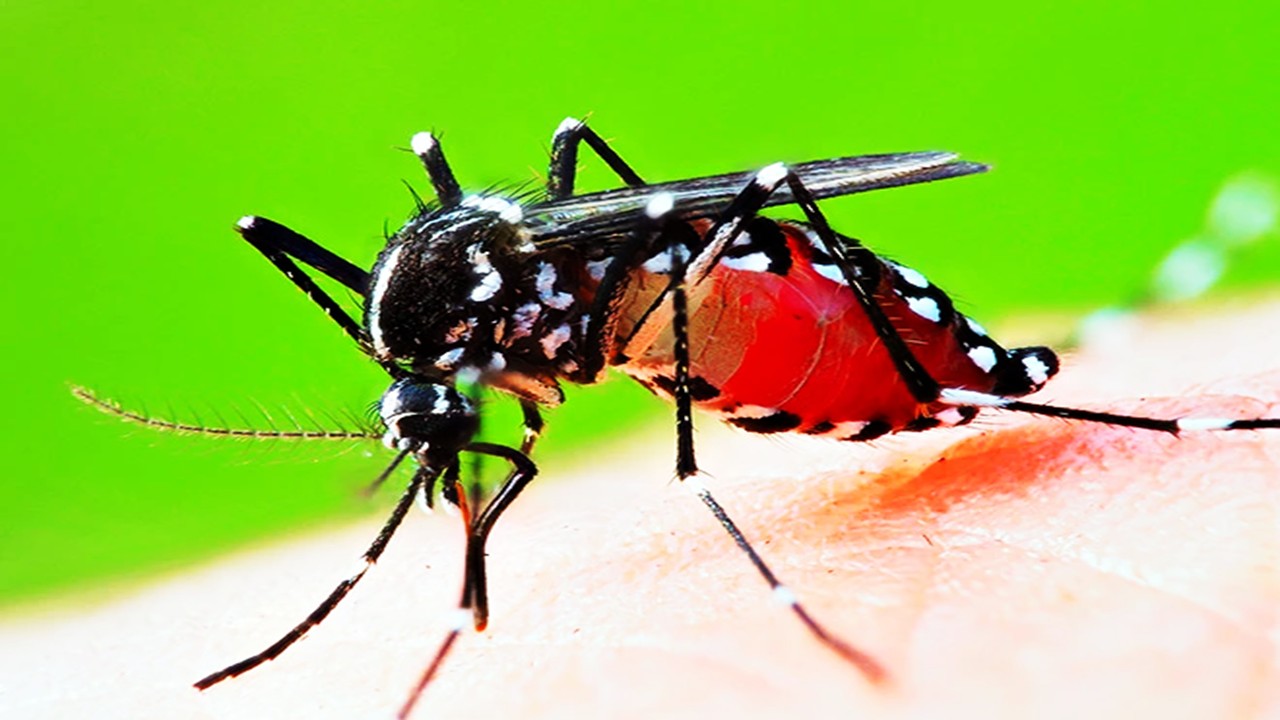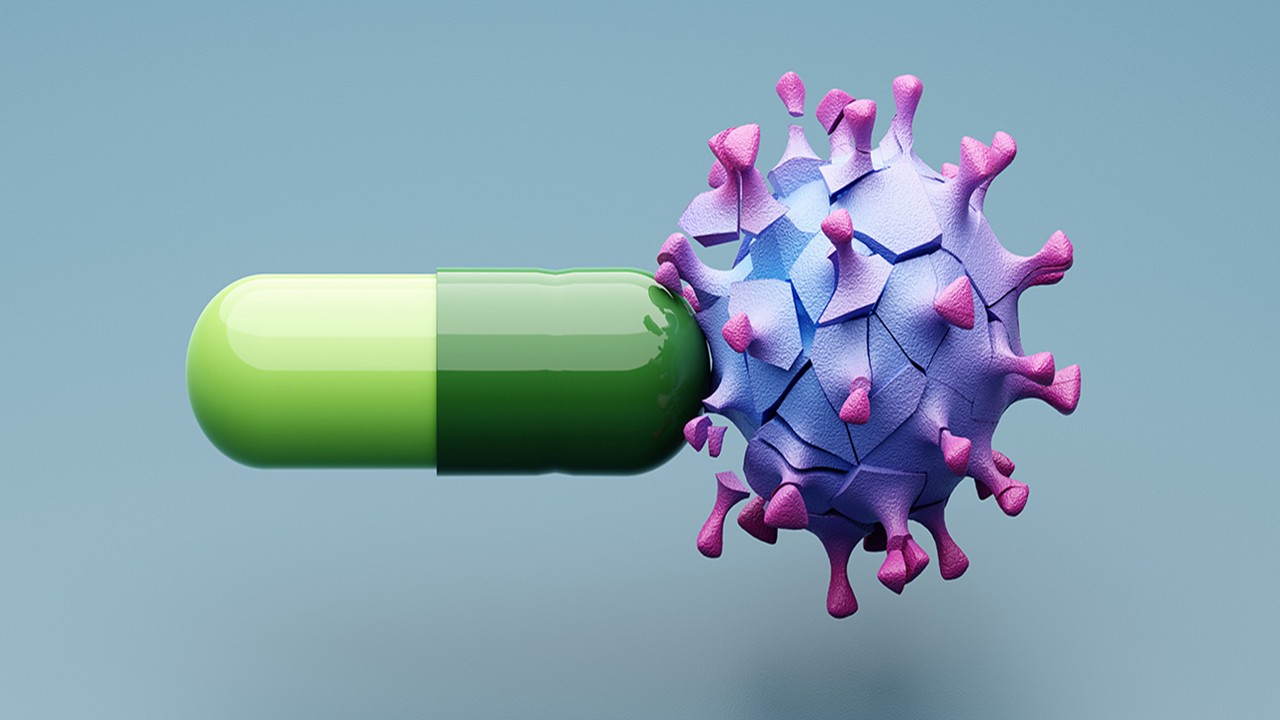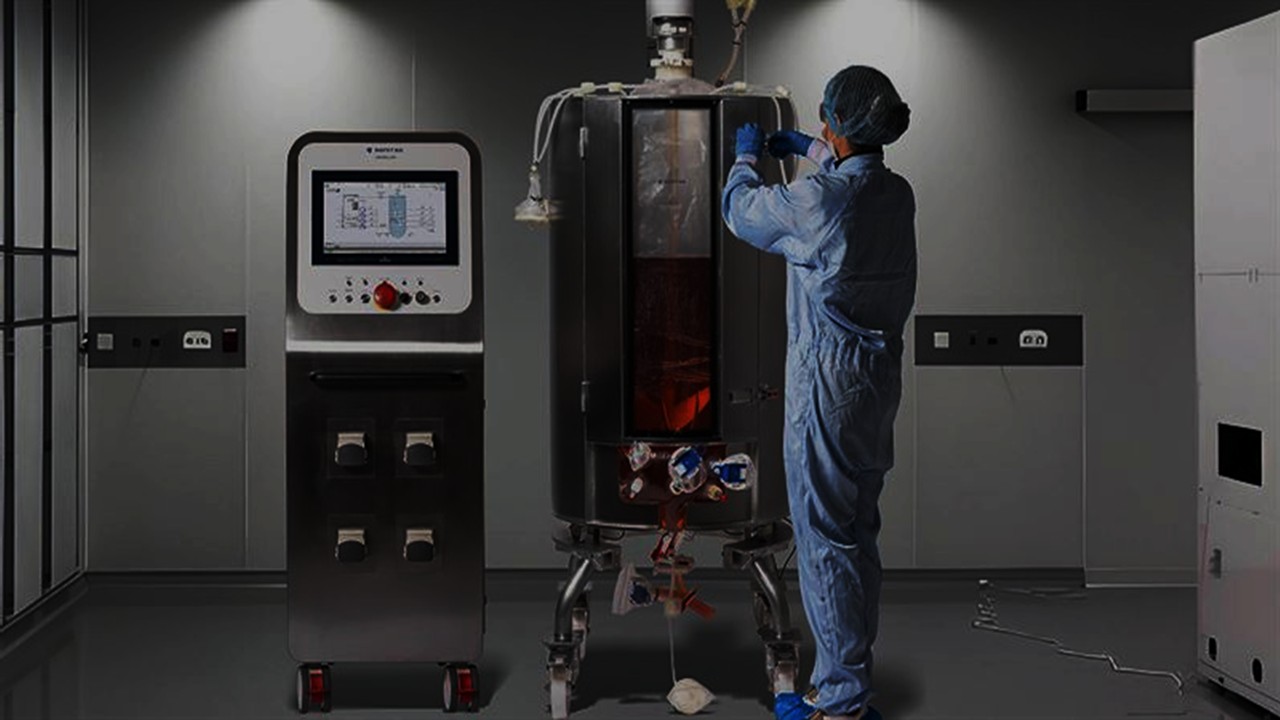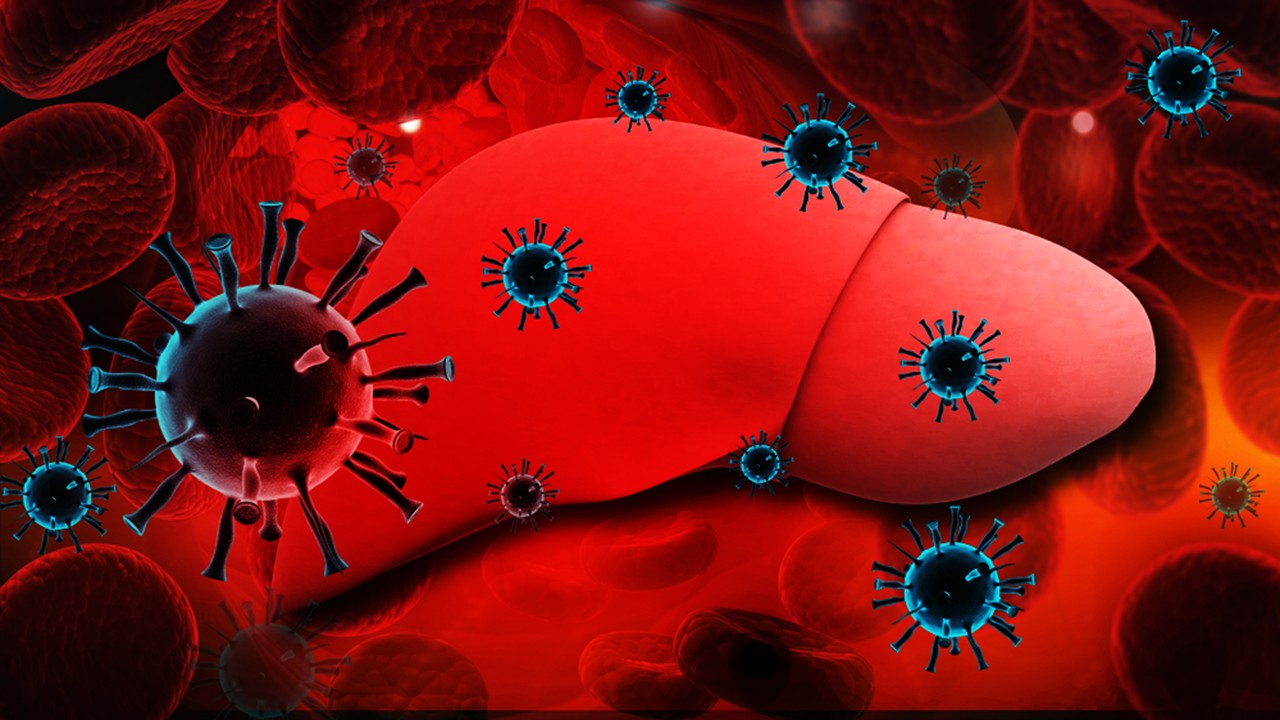Curia and Replicate Bioscience joint venture for srRNA
9-Jun-2022
Curia, formerly known as AMRI, recently announced a new deal with Replicate Bioscience aiming to prevent drug resistance in cancer and autoimmune disorders. Replicate focuses on using self-replicating RNA (srRNA) to regulate gene expression. The partnership will aim to strengthen Replicate’s portfolio platform – with Curia’s certified mRNA production facilities significantly boosting Replicate’s capabilities. srRNA-based therapeutics are an innovative modality that has yet to break into the pharmaceutical mainstream – with big transformative potential for multiple therapeutic areas. However, they pose unique challenges – such as more demanding manufacturing processes than other mRNA-based therapeutic molecules, which this partnership aims to alleviate. Vice President for R&D Technology from Curia, Norman Garceau, expressed confidence in their ability to support Replicate:
“Curia’s platform offers versatility and streamlined manufacturing times that can handle such complex molecules. Our collaboration with Replicate Bioscience is enabling us to create entirely new methods of manufacturing longer RNAs. We have built our platform from the ground up, using our combined experience in biologics and chemistry to create end-to-end solutions covering mRNA synthesis, lipid synthesis, formulation, and liquid nanoparticle fill-finish. We are proud to apply our capabilities and expertise to support the Replicate Bioscience team and its innovative approach.”
CureVac to snap up Frame Cancer Therapeutics
8-Jun-2022
CureVac, a firm focusing on innovative mRNA therapeutics in oncology, has announced the acquisition of Frame Cancer Therapeutics, a company concentrated on advanced genomics and bioinformatics for the identification of neoantigens across various cancer indications. Frame’s portfolio aims to identify alterations in cancer genomes that can give rise to novel open reading frames for gene expression; while these can vary drastically between individuals, the antigens they give rise to can be common across different people. This enables Frame’s platform to be used for both personalized mRNA-based vaccines, as well as more broadly applicable ones. CureVac aims to seize this technology to boost its own mRNA vaccine efforts, buying Frame Cancer Tx for 32m euros in CureVac shares – with a 50% upfront payment and the remaining payments to be done as milestones are met.
Novo Nordisk and Ginkgo Bioworks partner for work on expression
7-Jun-2022
Ginkgo Bioworks, one of the leaders in the cell programming field, will be partnering with pharma giant Novo Nordisk to leverage Ginkgo’s platform with the goal of enhancing Novo Nordisk’s biological products. Ginkgo will seek to use synthetic biology and alter genome expression systems to create novel hosts for pharmaceutical products, expanding the chemical space for medicines. Novo Nordisk will aim to leverage this for potential innovations in diseases with significant unmet needs, such as diabetes and obesity. The collaboration will be a multi-year affair, with Ginkgo receiving an R&D fee and downstream milestone-associated payments. Jason Kelly, Ginkgo Bioworks’ CEO, expressed positive sentiments in announcing the partnership – with the hope that Ginkgo’s work will have a significant positive impact on patients:
“At Ginkgo, we are always on the lookout for projects that will have an outsized impact on people’s lives and well-being. We’re excited to be working with Novo Nordisk in our efforts to use biology to create better medicines for patients with chronic diseases.”
Janssen to partner with Serotiny for work on chimeric antigen receptors
6-Jun-2022
Serotiny, one of the leading firms in multi-domain protein engineering (tMDP), made public a new partnership with Janssen Biotech with the goal of optimizing Chimeric Antigen Receptor (CAR) designs for cell therapies. The venture will seek to leverage Serotiny’s tMDP engineering capabilities in combination with Janssen’s antibody and cell therapy development expertise in the hope of pioneering the next generation of CAR-based therapies. Serotiny’s platform takes advantage of multi-disciplinary approaches, including machine learning, immunology, synthetic biology, bioinformatics and other areas across the life and computer sciences. The partnership should come as no surprise – as Serotiny was part of Johnson & Johnson Innovation’s incubator programme.
Ultima Genomics brings NVIDIA into ambitious AI-powered genomics partnership
6-Jun-2022
Ultima Genomics, a company that recently made headlines with the promise of $100 genomes, has announced a new partnership with Silicon Valley heavyweight NVIDIA. The collaboration will be of a broad nature, seeking to leverage NVIDIA GPUs for deep learning in photometry and base calling as well as accelerating variant calling. The novel sequencing architecture developed by Ultima over the last five years, utilizing pioneering flow cell processes, chemistry and AI-powered machine learning. Its first high-throughput instrument, UG-100, is able to sequence for as little as $1/Gb, using NVIDIA A30 GPUs utilizing the NVIDIA Clara AI platform. Gilad Almogy, Ultima’s CEO, expressed his desire to see the company revolutionize next-generation sequencing and move to accelerate at-scale sequencing using novel technology:
“Ultima’s mission is to continuously drive the scale of genomic information. Our unique architecture scales by combining multiple technologies, so we are excited to work with NVIDIA, leveraging their platforms for GPUs and AI acceleration, to power high-quality sequencing and accelerate the computing to lower total cost of ownership for customers.”
Bristol Myers Squibb to buy Turning Point Therapeutics
3-Jun-2022
Pharma giant Bristol Myers Squibb (BMS) announced plans for the acquisition of oncology firm Turning Point Therapeutics. Turning Point is a clinical-stage company with a range of investigational products targeting the most common mutations implicated with oncogenesis, with a tyrosine kinase inhibitor (TKI) as their lead product so far. The product, repotrectinib, is a potential best-in-class TKI targeting ROS1 and NTRK oncogenic drivers for non-small cell lung cancer (NSCLC) and other solid tumors. Repotrectinib showed improvements in treating first-line NSCLC and is expected to become standard of care upon its approval. This, and other products, will be joining BMS’ extensive oncology portfolio subsequent to the acquisition of Turning Point for $76 per share. Meanwhile, Turning Point CEO, Athena Countouriotis, emphasized the expansion of the company’s capabilities offered by the merger with BMS:
“Through this transaction, we will be able to harness the full potential of our precision oncology platform to advance the standard of care for cancer patients. Since our founding, we have leveraged our deep scientific expertise to develop a pipeline of promising precision oncology assets. With Bristol Myers Squibb’s leadership in oncology, strong commercial capabilities and manufacturing footprint, we will be able to further accelerate the pace at which we can bring our novel medicines to benefit people diagnosed with cancer around the world.”
Merck KGaA and Proxygen sign high-powered protein degradation deal
3-Jun-2022
In a bid to accelerate its protein degradation efforts, Merck KGaA teamed up with Proxygen, a leading firm for the discovery and development of molecular glue degraders. The companies will jointly develop molecular glue degraders to the clinical stage, with Proxygen receiving up to 495 million euros in continuous R&D funding as well as milestone-associated payments. Molecular glue degraders promise to unlock a vast field of currently undruggable targets, owing to their ability to modulate proteins that are currently beyond the scope of products in the pharmaceutical mainstream. The move signifies the currently renewed efforts by pharmaceutical giants to expand their presence in the field as protein degraders make their way towards the clinic and rise in prominence as a novel therapeutic modality.
Subscribe
to get our
LATEST NEWS
Related Posts

Leadership, Trends & Investments
Where Strategy Meets Science: Inside Proventa International’s Life Science Roundtables
Proventa International’s expert curation of strategy meetings is quietly shaping the future of biotech and pharma, one roundtable at a time.

Leadership, Trends & Investments
Bridging Lab, Clinic, and Supply: The New Era of Pharma Operations
No More Silos: Integrating Science and Supply In a pharmaceutical landscape transformed by pandemics and personalized medicine, the walls between lab research, clinical trials, and logistics are coming down. A decade ago, teams handling Chemistry, Manufacturing, and Controls (CMC) focused on producing compounds after clinical success, while clinical operations (ClinOps) ran trials largely in isolation. […]
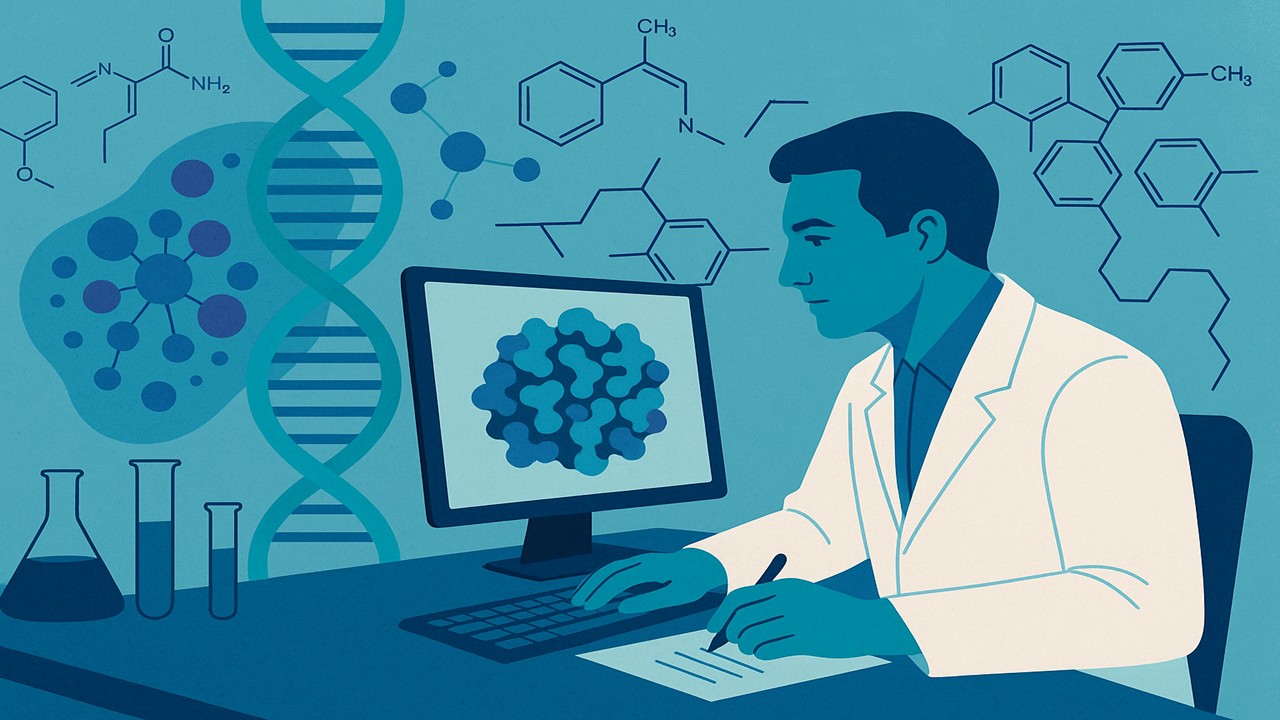
Leadership, Trends & Investments
Chemists, Code, and Cures: The New Era of Drug Discovery
The Evolving Landscape of Drug Discovery In a gleaming pharmaceutical lab in 2025, a medicinal chemist might spend the morning reviewing molecular designs suggested by an artificial intelligence and the afternoon discussing genetic screen results with a biologist. The search for new medicines has evolved into a high-tech endeavor that would have seemed like science […]
Read More Articles
Mini Organs, Major Breakthroughs: How Chemical Innovation and Organoids Are Transforming Drug Discovery
By merging chemical innovation with liver organoids and microfluidics, researchers are transforming drug discovery into a biologically precise, patient-informed, and toxicity-aware process.
Tetravalent Vaccines: The Power of Multivalent E Dimers on Liposomes to Eliminate Immune Interference in Dengue
For the first time, a dengue vaccine candidate has demonstrated the elusive trifecta of broad coverage, balanced immunity, and minimal enhancement risk,




